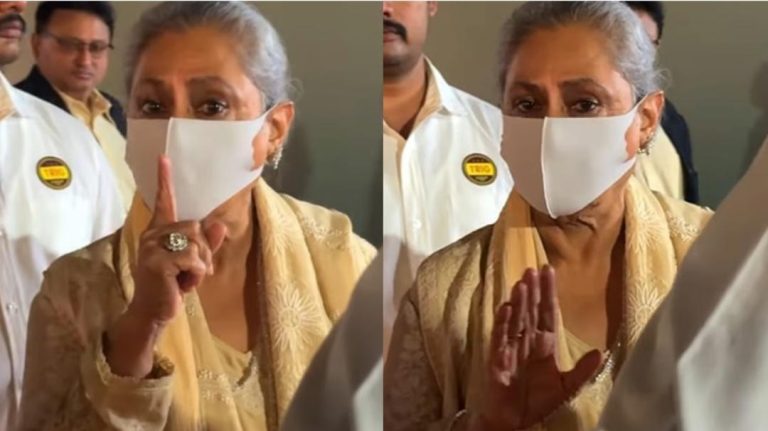
US Drug Price Policy May Raise Costs for India, GTRI Warns
The US government’s new policy aimed at cutting drug prices may have unintended consequences for emerging markets like India, warns the Global Trade Research Institute (GTRI). The policy, which involves a “Most-Favoured Nation” (MFN) clause, may shift the financial burden to countries like India, making it more challenging for them to maintain their low-cost generics model and global health access.
The MFN policy, which was introduced in the US budget bill passed earlier this month, intends to reduce the prices of medicines in the United States by allowing the government to negotiate prices with pharmaceutical companies. However, this policy may have a ripple effect on countries like India, which has been a hub for affordable generic medicines.
According to GTRI, pharmaceutical giants may seek higher prices and stricter intellectual property (IP) protections in India to offset their losses in the US market. This could lead to a significant increase in the cost of medicines in India, making them unaffordable for many patients. The GTRI warns that this development could have severe consequences for global health, particularly in low- and middle-income countries that rely heavily on India’s generic medicines.
India’s generics industry has been a lifeline for many patients around the world, providing affordable access to essential medicines. The country’s pharmaceutical companies have been able to produce generic versions of patented medicines at a fraction of the cost of their branded counterparts. This has helped to make medicines more accessible to patients in developing countries, where high prices are often a barrier to treatment.
However, if pharmaceutical companies are able to secure higher prices and stricter IP protections in India, it could undermine the country’s generics industry and make it more challenging for patients to access affordable medicines. This could have severe consequences for global health, particularly in countries where patients are already struggling to access essential medicines.
The GTRI warns that India must resist TRIPS-plus trade demands and protect its low-cost generics model. TRIPS-plus agreements are trade agreements that go beyond the provisions of the World Trade Organization’s (WTO) Agreement on Trade-Related Aspects of Intellectual Property Rights (TRIPS). These agreements often require countries to adopt stricter IP protections and higher standards for patentability, which can make it more difficult for companies to produce generic medicines.
Experts urge India to take a strong stance against TRIPS-plus demands and to protect its generics industry. They argue that India’s generics industry is not only vital to the country’s economic growth but also to global health access. By resisting TRIPS-plus demands, India can help to ensure that patients around the world continue to have access to affordable medicines.
The US government’s MFN policy is not the only challenge facing India’s generics industry. The country is also grappling with the impact of the COVID-19 pandemic, which has disrupted global supply chains and created new challenges for the pharmaceutical industry.
Despite these challenges, India’s generics industry remains a vital component of the country’s economy and a source of pride for the nation. The industry employs millions of people and is a major contributor to the country’s GDP. By protecting its generics industry, India can help to ensure that patients around the world continue to have access to affordable medicines and that the country’s economy continues to grow.
In conclusion, the US government’s MFN policy may have unintended consequences for emerging markets like India, making it more challenging for them to maintain their low-cost generics model and global health access. India must resist TRIPS-plus trade demands and protect its generics industry to ensure that patients around the world continue to have access to affordable medicines. The GTRI warns that the consequences of failing to do so could be severe, with patients in low- and middle-income countries facing significant barriers to accessing essential medicines.
Source: https://ascendants.in/globally-trending/us-drug-price-cuts-pharma-price-hike-india-gtri/






